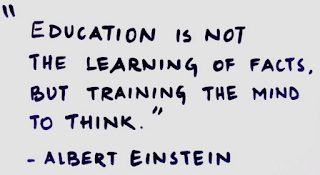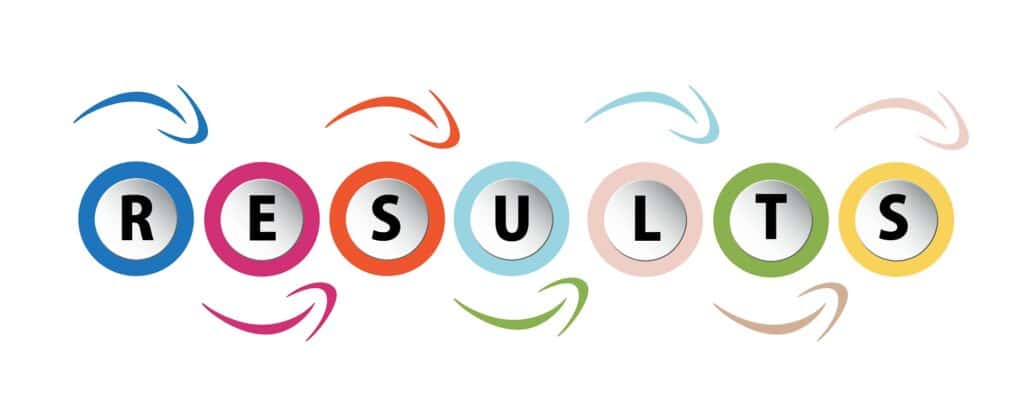Deep academic understanding is critical if we are to give our children the best chance to play a significant role in leaving the world better than they find it. Values and principles are also necessary, but not sufficient.
The fascinating, but sad case of child labour in India is case in point. We can all agree that child labour is a great ill; that we would want for children around the world what we have for our children – some freedom to enjoy their youth, and access to a good education. We may feel this strongly; that it is a moral necessity; and so be completely in support of the 1986 Indian Child Labour Prohibition and Regulation Act. We might demonstrate advocate; we might donate and vote to support this Act.

The law is wholly laudable in intent, and indeed one might feel it aligns well with the UWCSEA quality of commitment to care. In this case, however, the commitment is not enough – and the law is likely a failure because, I would argue, of a lack of another UWCSEA skill – that of critical thinking. The point is that good intentions are not enough; we need to critically look at the outcomes of what we do; and it turns out that banning child labour has actually increased it. A brief explanation can be found here, with the full and difficult paper here. To summarise, what we see is that by imposing fines and penalties, child labour becomes less attractive to employers; the consequence is that they are prepared to pay less for it, and so wages fall. But many families have no other sources of income, and so this just means that the children have to work longer hours for the same money (this inevitably means fewer hours for education) or earn less money (which means less money for essentials like food). Bottom line: the well-intentioned law means that families are poorer, that more children drop out of school, and that they eat more poorly. Children and families have suffered.
This is hardly new – ever since this 1997 classic ‘the law of unintended consequences’ has been part of our vocabulary, and examples in so many fields of human endeavour – from economics to environmentalism – abound. The solution is not to stop trying, but to recognise that unless we supplement our intentions with deep and detailed thinking, our goals may elude us. So pursuing academic excellence remains, and will always remain, at the heart of our Mission.
With this in mind, I am always delighted to see work from our students that assures me we give appropriate attention to the academic rigour. Here are the latest batch of extraordinarily impressive extended essays abstracts and selected essays. See beyond the fascinating individual questions (What are the effects of migration in Armenia? What are the relative merits of adrenaline and cultural tourism? What is the link between optimism and academic achievement? How successful, from rehabilitative and punitive perspectives, are American prisons? How can we model poker strategies?) and see this for what it really is – evidence that not only are we equipping students with the right values; we are giving them the right tools to ensure they can act on them. There is a great deal to be proud of here.


